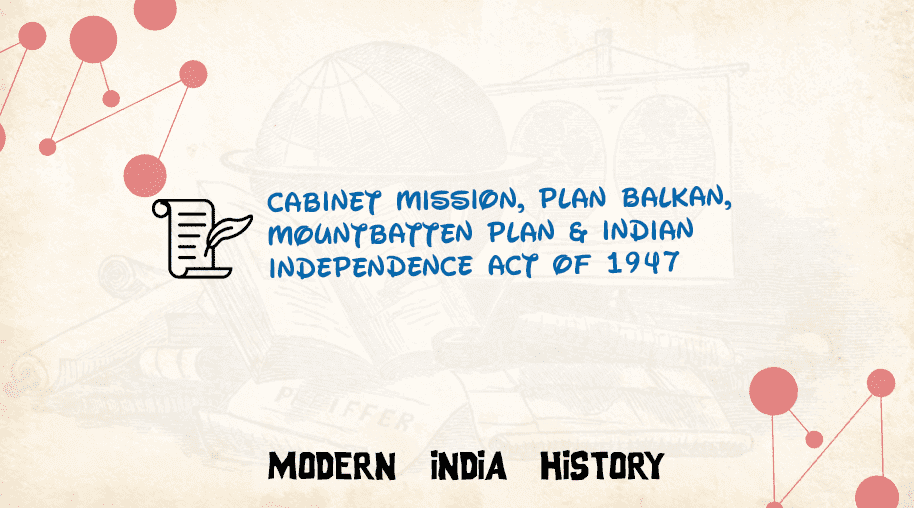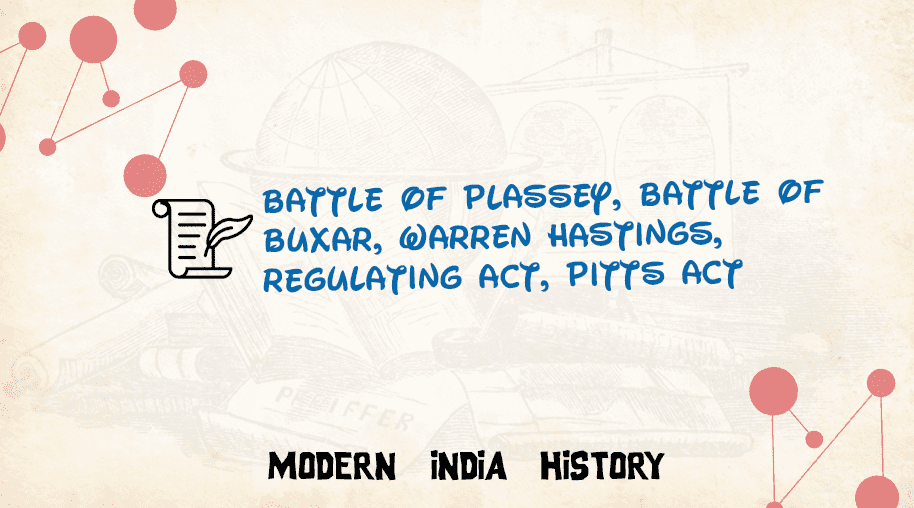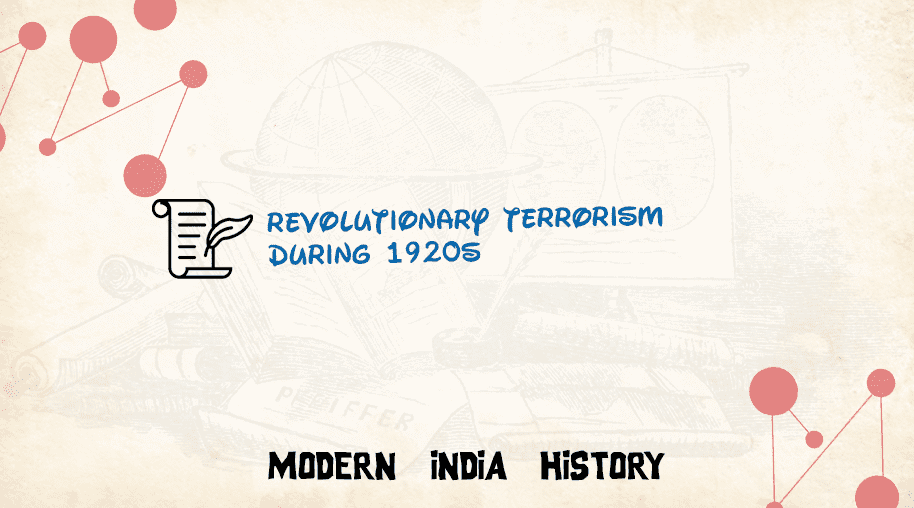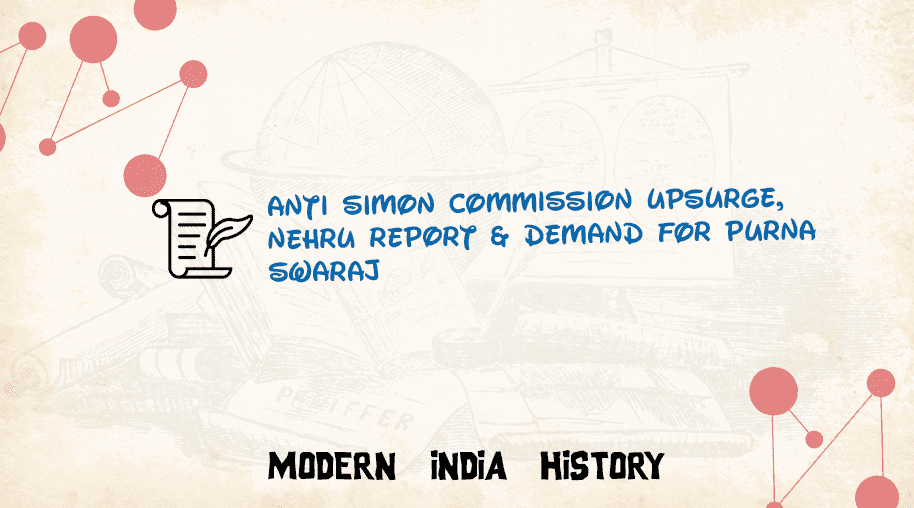Swarajists and No Changers
by Devender
0 2537
Gandhi was arrested in March 1922 and after that, there was disintegration, disorganization, and demoralization among nationalists. This was the passive phase of the movement where Congressmen were debating what to do next.
Swarajists
One section which was led by C R Das, Motilal Nehru, and Ajmal Khan was in favor of putting an end to the boycott of legislative councils so that they can enter there and show everyone the basic weaknesses of these assemblies. They wanted to use these assemblies as an arena for political struggle.
They desired to end or mend these councils, their thought was that if the government didn't agree to nationalist demands, then they will not let these councils work. Those who were in the favour of this were called Swarajists.
No Changers
The No changers were the ones who were against putting an end to boycotting legislative councils. They wanted to concentrate on constructive work and continuation of boycott and non-cooperation. They also wanted to resume the suspended civil disobedience program. Vallabhbhai Patel, Rajendra Prasad, C. Rajagopalachari & M.A. Ansari were the ones who came to be known as the No-changers.
Congress Khilafat Swaraj Party
The differences overviews to end the boycott of the councils led to the defeat of the swarajists at the Gaya session of the Congress in December 1922. C.R. Das and Motilal Nehru resigned from the presidency and secretaryship respectively of the Congress. They also announced to form a new party known as Congress-Khilafat Swarajya Party, with C R Das as the president and Motilal Nehru as one of the secretaries.
However, both sides didn't want a split like 1907 and realized the significance of having a united front to force government. They also accepted that they need Gandhi's leadership. Keeping these things in mind, a compromise was reached at a meeting in Delhi in September 1923. The swarajists were allowed to participate in elections as a group within Congress.
The Swarajists manifesto for elections released in October 1923 had a strong anti-imperialist line. It said:
- the guiding motive of the British in governing India is to secure the selfish interests of their own country
- the so-called reforms are only a blind to further the said interests under the pretence of granting a responsible government
- the real objective being to continue exploitation of the unlimited resources of the country by keeping Indians permanently in a subservient position to Britain
- the Swarajists would present the nationalist demand of self-government in councils
- if this demand was rejected, they would adopt a policy of uniform, continuous and consistent obstruction within the councils to make governance through councils impossible;
- councils would thus be wrecked from within by creating deadlocks on every measure.
- Major Achievements of Swarajists:
- One of the major achievements of Swarajists was the defeat of the Public Safety Bill in 1928
- It was aimed at empowering the Government to deport undesirable and subversive foreigners
- The death of C R Das in 1925 weakened it furthermore.
- Constructive Work by No-Changers:
- National schools and colleges were established
- Where students were trained in a non-colonial ideological framework
- They did significant work for Hindu-Muslim unity, to end untouchability, boycott of foreign cloth and liquor, and for flood relief
- They became the backbone of civil disobedience as active organizers
In the November 1923 elections, the Swarajists won 42 out of 141 elected seats and a clear majority in the provincial assembly of Central Provinces.
They became coalition partners and were able to outvote the Government several times, even on matters relating to budgetary grants, and passed adjournment motions.
However, by 1924 the position of swarajists weakened because of widespread communal riots, split among Swarajists themselves on communal and Responsivist, Non-responsivist lines.
Ashrams were built where young, men and women worked, among tribals and lower castes. They popularised Charkha and Khadi.

Share:








Comments
Waiting for your comments